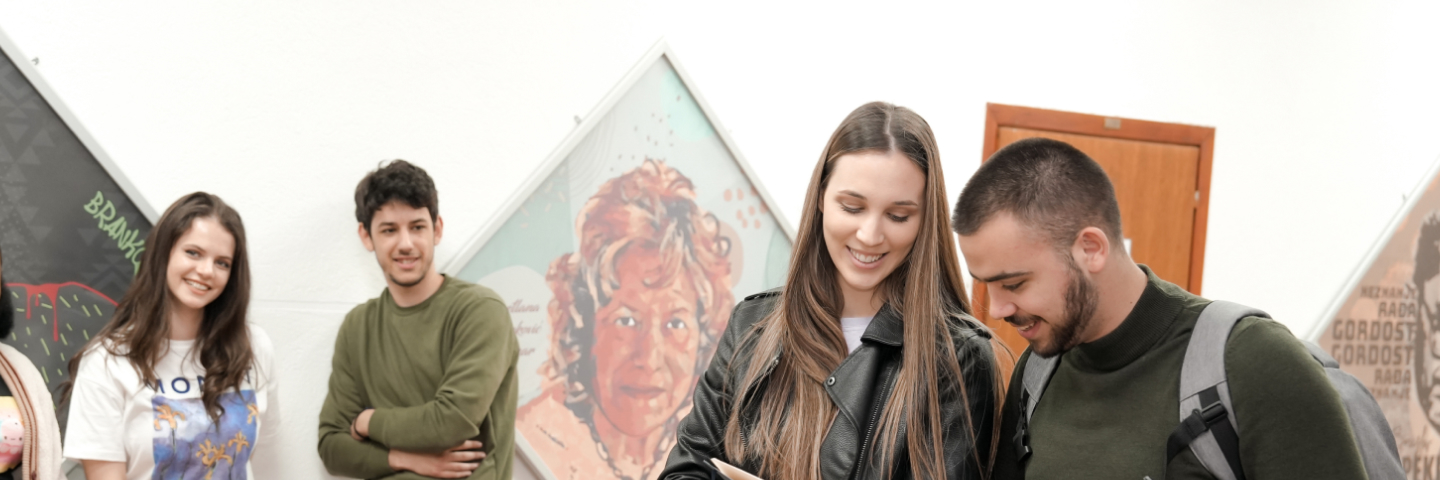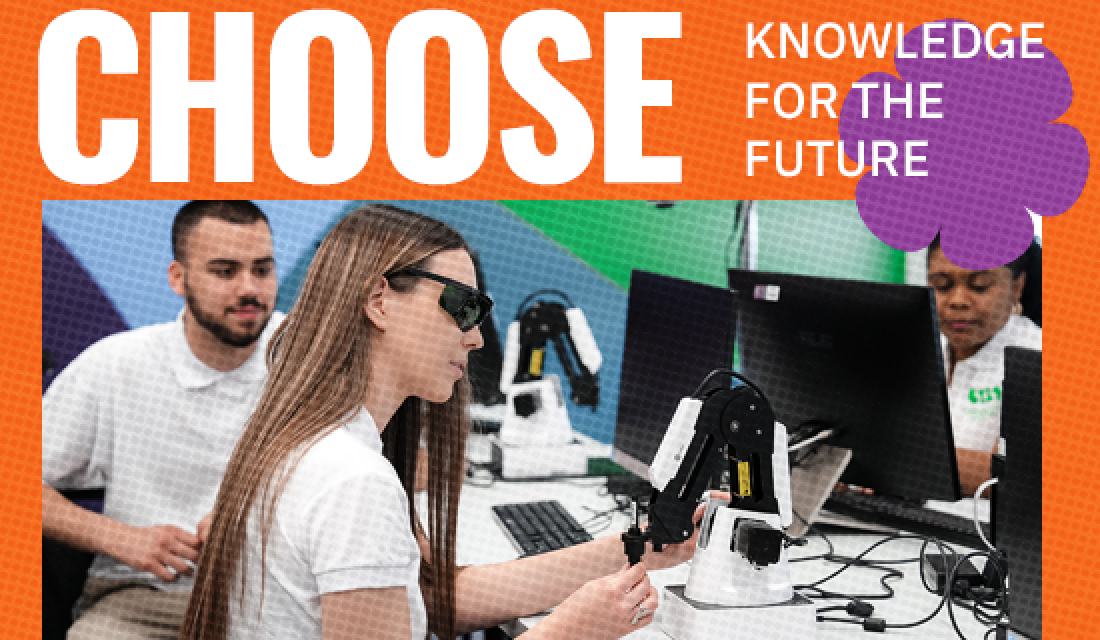

BODIES
The Academy’s organizational framework encompasses several vital bodies, each playing a distinct role in its effective functioning. At the helm is the Governing Body, the highest decision-making authority responsible for strategic direction. The Managing Authority oversees day-to-day operations, translating policies into action. Professional Bodies, comprised of field experts, contribute to program development. The Students’ Parliament serves as a representative body advocating for student interests and engaging in decision-making. The Council of Employers, a consultative body with industry representatives, provides insights aligning academic programs with evolving market needs. Together, these bodies ensure a comprehensive and dynamic approach to education and governance within the Academy.
THE GOVERNING BODY- THE ACADEMY’S COUNCIL
The Academy’s Council consists of:
1. The Academy’s representatives:
- Vladan Radivojević, MSc, president of the Council
- Žolt Kovač, PhDArts
- Ljiljana Sušić
- Dragan Kreculj, PhD
- Milanka Plavšić, MSc
- Jovan Isaković, PhD
- Srđan Barzut, PhD
- Tatjana Sekulić, PhD
- Dragoslav Perić, PhD
- Nebojša Nikolić
2. Representatives of the founders:
- Professor Petar Spalević, PhD
- Professor Vladan Pešić, PhD
- Professor Radovan Radovanović, PhD
- Professor Vladimir Tomović, PhD
- Željko Marčićević, PhD
- Marko Tanasković, PhD
3. Representatives of students of the Academy:
- Marko Radić
- Milan Nikolić
- Stefan Stojković
MANAGING AUTHORITY – PRESIDENT OF THE ACADEMY
The crucial role of Managing Authority within the Academy is fulfilled by the President, a distinguished individual elected from the ranks of full-time faculty members. This esteemed position is appointed for a certain period of time, emphasizing the significance of strong organizational skills and leadership experience. Eligibility for the presidency requires a minimum of five years of full-time service within the Academy or a specific Section, ensuring that the incumbent brings a wealth of institutional knowledge and expertise to the role. The President is empowered to lead and guide the Academy, overseeing its day-to-day operations and steering its strategic direction. To support in the multifaceted responsibilities, the President may enlist assistants chosen from the pool of full-time employees within the Academy, fostering a collaborative leadership structure aimed at achieving the institution’s overarching objectives. This ensures that the President, along with the designated team, is well-equipped to navigate the complexities of academic governance, institutional development, and the dynamic landscape of higher education.
PROFESSIONAL BODIES
The Academy of Applied Technical Studies Belgrade is governed by several professional bodies, each contributing to the academic and ethical standards of the institution:
1. The Professional and Teachers’ Council of the Academy:
- This is the highest professional body of the Academy, comprising the president, assistants to the president, heads of Sections, representatives of the Section Councils, and representatives of the Students’ Parliament. The distinguished members include Marina Stamenović, PhD; Vesna Alivojvodić, MSc; Jelena Drobac, PhDArts; Đorđe Dihovični, PhD; Đorđe Đurđević, PhD; Goran Vasilić, MSc; Zlata Živković, PhD; Markola Saulić, PhD; Dominik Brkić, PhD; Predrag Drobnjak, PhD; Aleksandra Nastasić, PhD; Goran Zajić, PhD; Tatjana Marinković, PhD; Predrag Maksić, PhD; Nebojša Ćurčić; Danijela Živojinović, PhD; Dragana Velimirović, PhD; and Goran Nestorović, PhD.
2. The Professional and Teachers’ Council of the Section:
- Comprising teachers, doctoral assistants, and full-time assistants within the Section, this body is dedicated to addressing academic matters.
3. Collegium of the Academy:
- Convened by the Academy’s president, it coordinates the institution’s work. Members include the president, assistants to the president, heads of Sections, the Academy’s secretary, the Quality Committee secretary, and, if necessary, other appointed employees.
4. Section Council:
- A professional body addressing teaching issues, consisting of elected teachers and associates within the same or related subject areas.
5. Quality Committee:
- Promotes a culture of quality within the Academy, overseeing the establishment, maintenance, and development of the quality management system.
6. Ethics Committee:
- An advisory and professional body formed by the Academy, contributing to ethical considerations within the institution.
STUDENTS’ PARLIAMENT
The Students’ Parliament serves as the representative body of the Academy, offering students a platform to assert their rights and safeguard their interests, as stipulated by the Law. Transparent in its operations, the Student Parliament conducts its work openly. Elections for the President of the Academy’s Students’ Parliament and its members are conducted biennially in April. Eligible to participate in these elections are students currently enrolled in the academic year during which the Student Parliament is elected, possessing both the right to vote and run for the positions of President and Parliament members. Additionally, the Student Parliament strives for gender inclusivity, with a mandate that at least 30% of its members represent the less-represented gender. This ensures a diverse and equitable representation within the Students’ Parliament.
THE COUNCIL OF EMPLOYERS
The Council of Employers functions as an advisory entity within the Academy, serving to foster collaboration between the institution and the business sector. Its primary objective is to align the Academy’s study programs with the dynamic requirements of the labor market. Additionally, the council aims to identify opportunities and establish avenues for practical training of Academy students during their academic pursuits. Comprising up to five members, the Employers’ Council represents various fields, including graphic engineering, mechanical engineering, traffic engineering, environmental protection and occupational safety engineering, electrical and computer engineering, industrial engineering and engineering management, biotechnology, and design. Through its diverse composition, the council endeavors to provide valuable insights and perspectives, ensuring that the Academy’s educational offerings remain relevant and responsive to the evolving needs of industry and the workforce.









